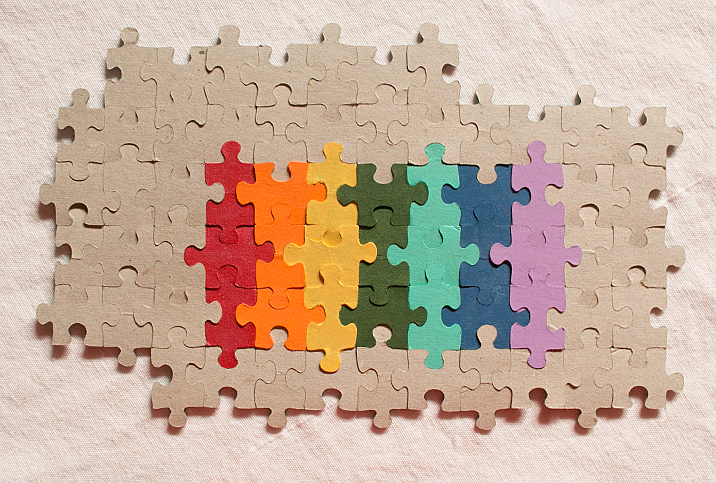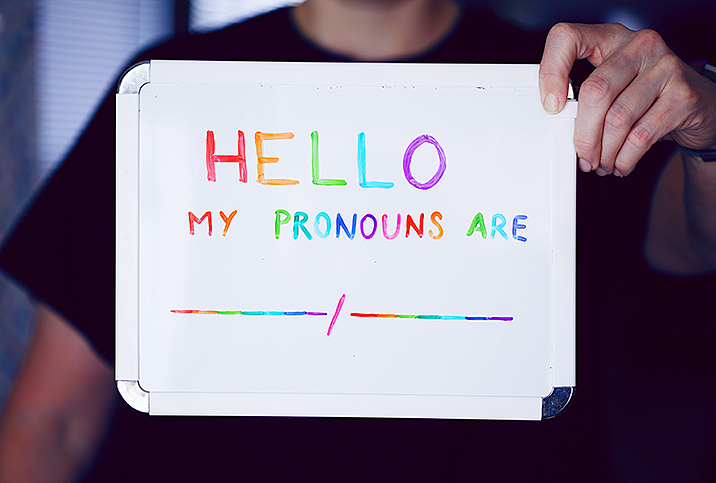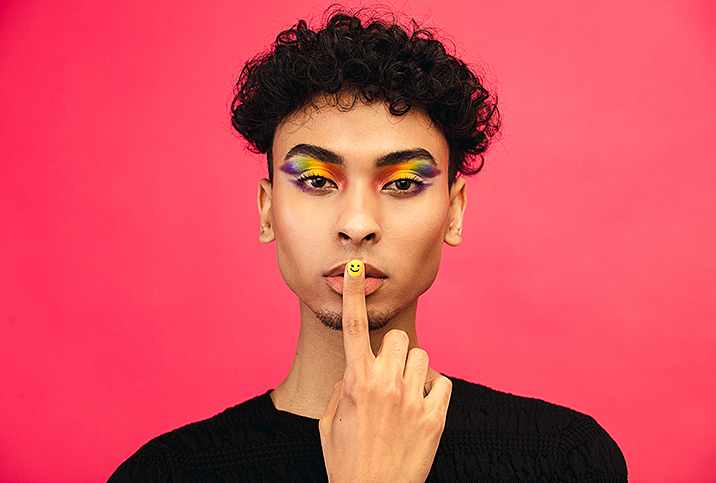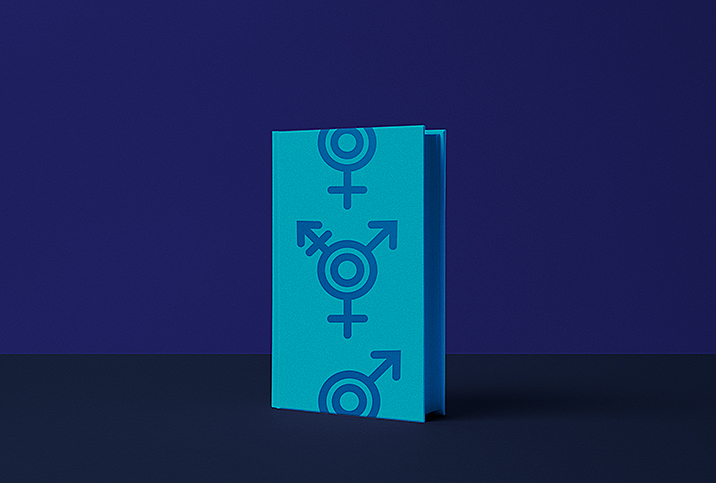The Journey to Coming Out as Bisexual

Some people realize in childhood, others not until their college years or even much later, that they are bisexual. The journey to reach that conclusion can be winding and confusing, and may feel isolating.
When the Pew Research Center surveyed more than 1,000 LGBT (lesbian, gay, bisexual, transgender) people in 2013, bisexuals made up the largest portion, at 40 percent. However, only 28 percent of bisexual people were out to those people closest to them.
No matter who you tell or how you find out, realizing you’re bisexual can have as many positive effects as negatives. The realization of one’s bisexual identity can lead to a variety of reactions: a sense of relief, understanding, strengthened identity and self-understanding, or even fear, shame and anxiety.
So, how do you move forward?
Concealing the truth
While bi people, on average, say they first thought they might be bi at age 13 and knew for sure by age 17, the average age they first told someone wasn’t until 21. They have reasons to hold off on coming out.
For a start, it takes time to fully process your own identity, to establish support systems and find your community, and to find self-acceptance. Many bisexuals come out to friends but not family, or to certain friends and family members but not others.
However, concealing who you really are can take a toll, and you may experience feelings of guilt, deceit, shame and betrayal to your true self. Many people report that when they do come out, their sense of self-authenticity is profound.
Deciding to come out
The decision to come out is yours alone. Do it when you’re ready, not when someone else thinks you should. It might be helpful to consider first telling someone you are confident will be accepting of your revelation.
Others in the LGBTQIA+ community often can provide support and may offer advice for how to move forward, but the following tips are a good starting point.
Find resources. Advocacy groups offer a wealth of information that can help you put together a plan to make your experience go as smoothly as possible.
Pick the right time. Choose a quiet, private environment where you can speak freely. There’s no “perfect” time, but some moments are better than others. You’ll know. And when you do it, don’t stress about first reactions. If the initial response isn’t exactly as you’d hoped, don’t panic. It might take minutes, days or even longer for someone to process your news. Try to be patient.
Educate family and friends. Not everyone will know a lot about bisexuality. They may believe myths or have their own preconceived notions. They may think it’s a phase. In particular, bisexuals may be challenged with claims that bisexuality doesn’t exist, leading to bi-invisibility. Consider having material on hand to help them become better informed; some people need to see words from an authority before they’ll believe what you’re telling them.
Set boundaries. Don’t feel pressured to say or answer anything you don’t want to divulge. You don’t need to disclose sexual feelings, other people involved in your journey or any other intimate information. Remember, this is not a confession. You’re a person, not a spectacle. Part of setting boundaries is clarifying who they can tell. This is very important! You’ll likely want to control who knows about your sexuality and who doesn’t. If there’s anyone you’re trying to keep out of the picture, let your listener know, so they don’t accidentally out you before you’re ready.
Don’t ask for approval or permission. Of course, if you’re coming out to someone, you want them to be on your team. But coming out is not the same as seeking approval or permission to be you. You don’t need anyone’s OK to be yourself.
Get support afterward. Whether coming out to someone goes perfectly or comes with speed bumps, talk to others about it and rely on support networks. Numerous online forums and organizations, such as theTribe, EmptyClosets and the Bisexual Resource Center, are available for bisexuals and other LGBTQIA+ people. Don’t be shy, get in contact.
If you managed to get through that list, it’s time to take a well-earned deep breath. No matter how it went, be proud of yourself and hold your head high. You were honest and you embraced your true self. All you can do is hope and believe that others will be respectful and open minded.
Finding pride
Living as an out bisexual comes with its ups and downs. Educate yourself about discrimination the LGBTQIA+ community faces, as well as bi-phobia and bi-invisibility. Use the resources you leaned on when coming out to find a community that gives you an outlet and support.
We should all be comfortable with who we are. Most bisexuals are relieved once they have come out, and they typically have feelings of self-authenticity, empowerment, happiness with regard to their sexuality, and pride. Pride, in particular, boosts mental health and self-esteem. And don’t forget that your example helps support other bi people and the greater LGBTQIA+ community.


















